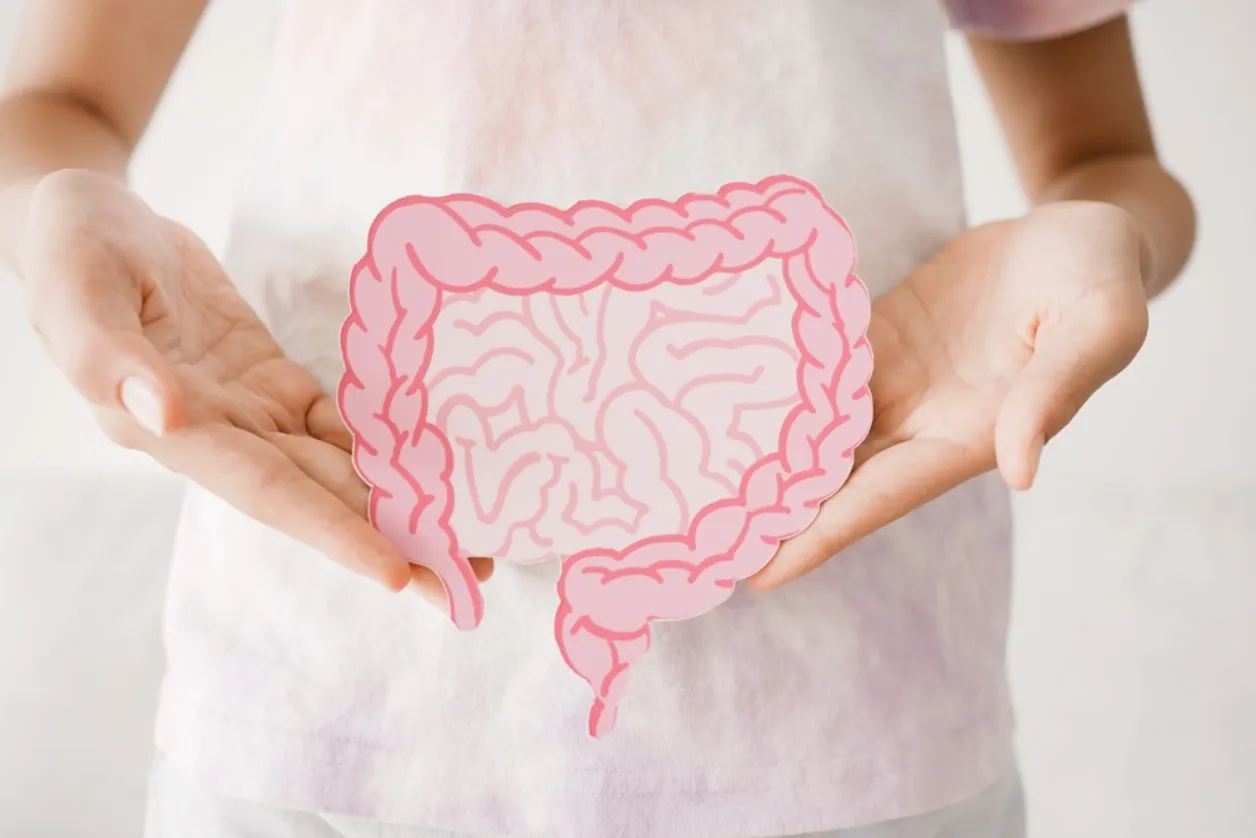Why Gut Health Matters
Gut health sits at the core of your everyday well-being. It’s about much more than just avoiding stomach aches—in fact, nearly every central system in your body depends on gut function. The digestive tract helps your body break down food, absorb nutrients, and eliminate waste. It’s a key defense against pathogens, and houses most of your immune system. When you take steps to prioritize your digestive balance, you set yourself up for more energy, clearer thinking, and a more resilient mood. Many people are discovering that adopting a holistic wellness routine, exploring dietary changes and mindful habits, or considering products like Bio Complete 3 can bring significant benefits in promoting digestive strength and restoring internal harmony.
Current research indicates that an unhealthy gut can contribute to a range of problems, including bloating, food sensitivities, weakened immunity, fatigue, and even difficulties with focus and memory. Addressing gut health early can help you navigate these discomforts before they become chronic issues. Throughout the day, everything you eat, how you manage stress, and your lifestyle choices influence your gut environment and, by extension, your overall health. Adopting gut-centered daily routines is one of the simplest ways to foster long-term vitality and comfort.
The Microbiome Magic
Deep within your digestive tract lives an extraordinary community of trillions of microorganisms. Together, these bacteria, fungi, and viruses form your gut microbiome, which has a profound impact on health that extends far beyond digestion alone. The balance of good and bad microbes in your gut can affect your weight, how efficiently you absorb nutrients, and even how your immune system responds to threats. Scientists now recognize that an unhealthy, unbalanced microbiome is linked to inflammation, autoimmune disorders, and even some mental health struggles.
Maintaining a vibrant microbiome doesn’t have to be complicated—in fact, it’s about supporting the good bacteria your body already harbors. Eating a diverse diet rich in plant-based foods offers the fuel these microbes need to thrive. Fermented foods and prebiotic fibers are especially effective. Fascination with this inner world has reached new heights as recent studies reveal how microbiota influence everything from metabolism to mental clarity.
Diet and Gut Balance
Every meal and snack presents an opportunity to support gut health, and one of the best strategies is to embrace variety by incorporating different plants, fibers, and fermented foods into your diet. A diverse diet provides a wide range of nutrients and food sources that beneficial bacteria in the gut can feed on, encouraging them to multiply and out-compete less favorable strains. For many people, increasing dietary fiber intake becomes a game changer, as fiber not only feeds friendly microbes but also promotes regularity and helps produce essential nutrients that nourish colon cells. According to insights shared by National Geographic, adopting a plant-based diet rich in fiber and fermented foods plays a crucial role in maintaining and improving gut health by fostering a balanced and thriving microbiome.
- Eat at least 30 different plant foods each week—fruits, vegetables, beans, lentils, grains, and nuts—all count.
- Make fermented foods (like kimchi, sauerkraut, plain yogurt, or kombucha) a regular part of your diet, if tolerated.
- Limit added sugar and highly processed foods to protect microbial diversity.
- Try rotating in new, colorful produce each week to “feed” a broader array of gut microbes.
Small changes yield surprising results—a cup of berries instead of sugary cereal, or a handful of roasted chickpeas as a snack. Science firmly supports these shifts; people who intentionally broaden their diets report fewer digestive upsets, less bloating, and more consistent energy throughout the day.
Everyday Habits for a Healthy Gut
Beyond food, daily practices profoundly influence your gut flora and function. Hydration is essential—drinking water throughout the day lubricates the intestines, helps dissolve fiber, and supports microbial communities. Mindful eating is underrated: chewing well, savoring flavors, and eating without distractions give your body time to release digestive enzymes and reduce symptoms like bloating or gas.
- Hydrate: Aim for 8 to 10 cups of water a day, more if you’re active or in hot weather.
- Regular meal times: Eating at consistent times each day helps reinforce your body’s natural routine and digestion “clock.”
- Practice mindful eating: Take deep breaths before eating, pay attention to each bite, and stop when you feel satisfied rather than complete.
- Diversify your diet: The more types of foods you enjoy, the better your gut flora will fare.
These habits are easy to overlook, yet their effects are cumulative. Try setting a water bottle on your desk, preparing lunches with at least two vegetables, or setting aside five minutes to eat without screens. The difference in bloating, energy, and focus can be immense over time.
The Role of Stress and Sleep
It’s no secret that the gut responds viscerally to what happens in your mind. Stress, anxiety, and a lack of sleep send signals through the gut-brain axis, prompting physical reactions such as cramps, indigestion, or changes in gut bacteria. Chronic stress or insufficient rest makes the gut more permeable, weakens your immune defenses, and is even linked to more frequent respiratory infections.
Achieving balance doesn’t mean eliminating stress; it means learning to manage it. Regular relaxation techniques, such as paced breathing, journaling, or taking short walks outdoors, can quickly reset stress responses. Sleep is just as crucial—a consistent routine and healthy sleep habits give your gut a nightly window to reset, repair, and grow healthy bacteria. If you struggle to sleep, even dimming lights and turning off devices an hour before bed can make a noticeable difference.
Exercise Your Way to Better Digestion
Moving your body every day doesn’t just strengthen your muscles or trim your waistline—it profoundly supports digestion. Regular, moderate exercise helps keep you regular, lowers gut inflammation, and even fuels the growth of healthy bacteria. Walking, cycling, dancing, and yoga can all increase gut motility, relieve bloating, and reduce symptoms of constipation or discomfort. As noted in Medical News Today, specific exercises specifically target digestive function, helping to stimulate the abdominal muscles and improve overall gut health.
Research indicates that individuals who engage in regular physical activity are less likely to experience digestive issues. Even 20 to 30 minutes per day, several days per week, is enough to make a difference. If you’re new to the movement, start small: try standing up during calls, taking the stairs, or doing gentle stretches in the morning. Enjoyment is key—the best exercise for your gut is the one you’ll keep coming back to.











